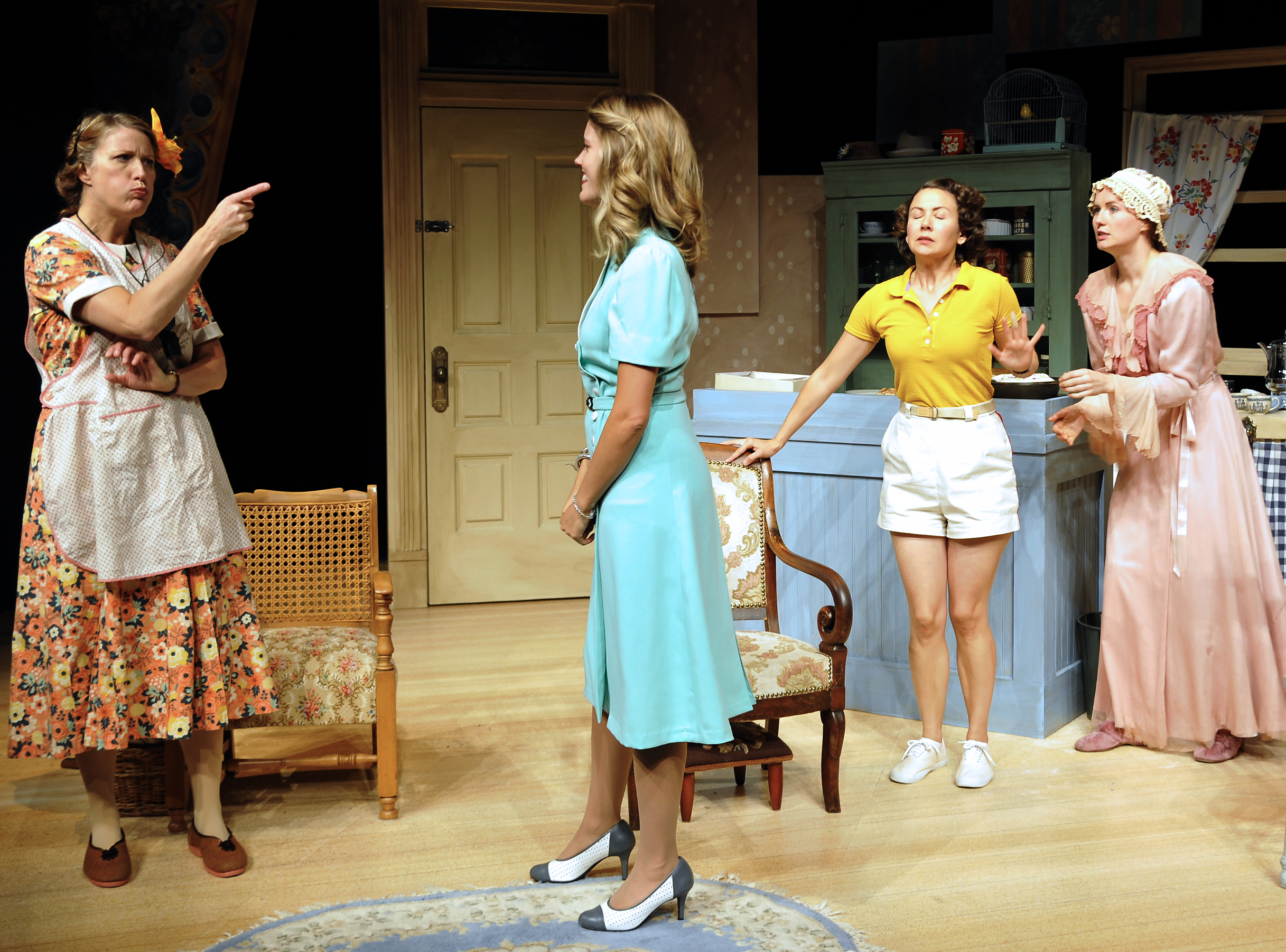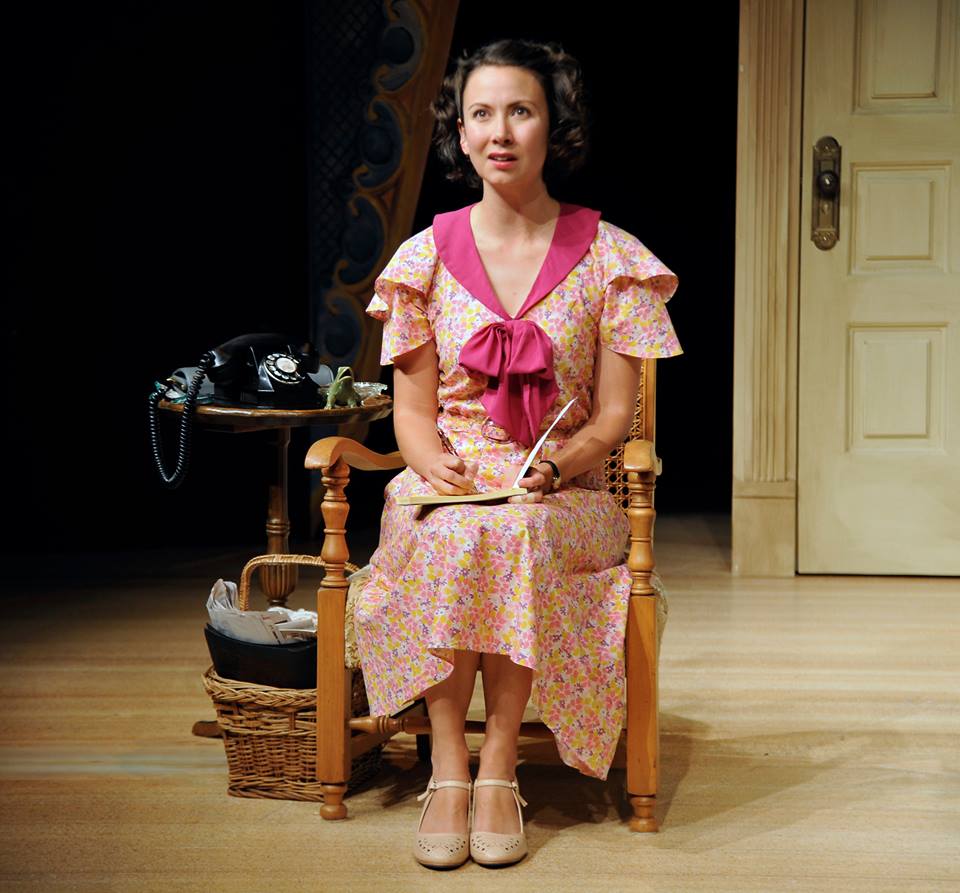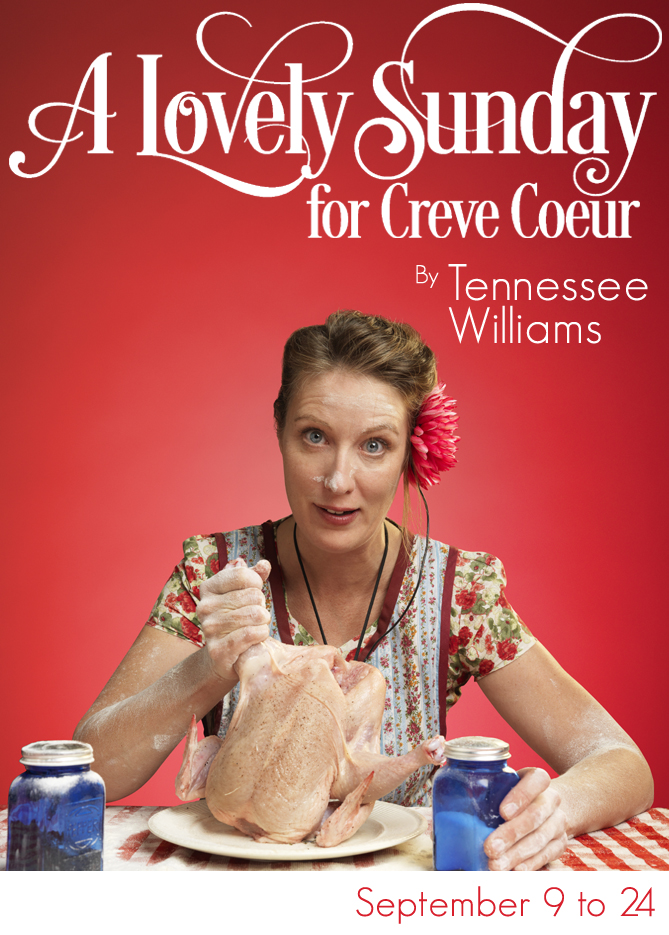Review: A Lovely Sunday for Creve Coeur is Fascinating

Erin Ormond, Kaitlin Williams, Stacie Steadman, Randi Edmundson. Photo: Cim MacDonald
Romanticism versus practicality, generosity versus spitefulness, working class versus professional, Williams comes back time and time again to themes that are universal, and digs deep into the intimate nature of these women’s lives to examine them.
It doesn’t matter that it’s 2016, when Bodey opines “there’s always a gossipy little group” she could be talking about life today. And Helena, describing “dinner for one”, echoes the complaints of generations of lonely people while Dottie’s relentless pursuit of physical fitness and the man she dreams of definitely rejoin concerns of modern women. Heartbreak and disappointment are inevitable.
Set designer Amanda Larder, through judicious use of suspended doorways and windows, and complete working kitchen, creates the claustrophobic impression of the tight confines in Bodey and Dottie’s cramped efficiency, paying particular and faithful attention to the playwright’s descriptions. When Helena laughs at the décor, what had originally appeared charming takes on a completely different look as seen through her eyes—a sad example of the German tenements so far removed from her experience.
Lighting (Marsha Sibthorpe) illuminates crucial moments of despair—Dottie sobs disconsolately under the soft haloed light in the bedroom, and Helena steps out of the action for a moment to show her true feelings.
Crystal Hanson’s costumes clearly define the class distinctions—Bodey is dowdy in her house dress, Helena–crisp and elegant as if stepping off the society pages, Dottie—girlish in a gown that cost dearly and Sophie frumpy in be-ruffled peignoir.

While elements of nostalgia are at play in terms of décor and household convenience, present day audiences will be grateful for societal changes sometimes taken for granted—Bodey rejoices in an extra half-Saturday off, Dottie has happily “crossed the line”, Helena arrives for a visit that is not expected.
Boundaries and limits are clearly defined–a Lovely Sunday for Creve Coeur is fascinating in its exploration of how these four women test and conform to them, and in the interplay in their relationships.
Director Sarah Rodgers and actors have crafted a sensitive, nuanced production that inspires viewers to want to know more, and proves, once again, the profound ability of Tennessee Williams to transcend time and place.
A Lovely Sunday for Creve Coeur has a limited run. Don’t be disappointed.
A Lovely Sunday for Creve Coeur at the Chemainus Theatre Festival
September 9-24, 2016
Tickets: from $28

